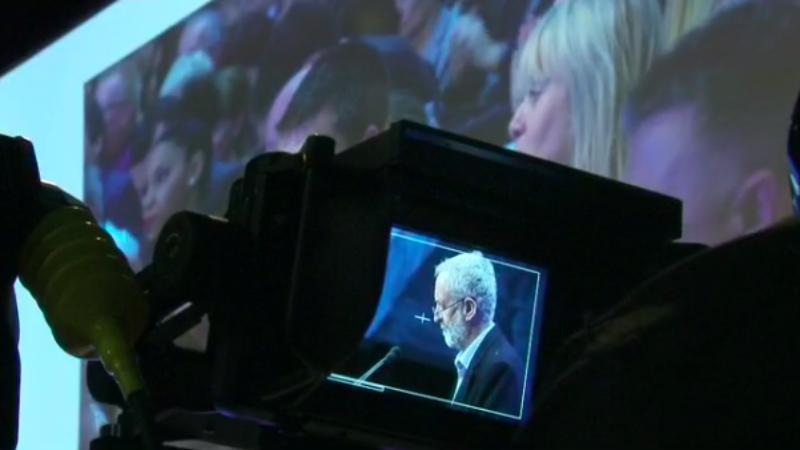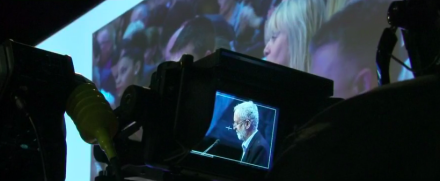

What good are the arts? Let me count the ways. I could talk about Arts Council England research which shows that every pound invested in culture generates an additional £1.06 for the economy. I could talk about the various mental health benefits that appreciating and making art can have. The value of the arts should be clear to anyone who has ever relaxed with a good novel, admired a gallery exhibition, binge-watched a TV show, listened to their favourite song or enjoyed good design. Art, in its many forms, is a source of beauty, enjoyment and inspiration.
It is too easy to pay lip service to culture while forgetting those who create it. Politicians love to name-drop successful artists when it fits their agenda, most commonly in an attempt to use the arts as an affirmation of nationalist sentiment and “patriotism”. But before we find the next Damien Hirst or Zaha Hadid, they must have the opportunity to discover and develop their creativity. Future artists, designers and entertainers must have access to the arts at school and in their community; be able to visit a local library or gallery, and enrol on an arts course at a university or college. Too often, passions and talents go to waste.
In Britain, the same government that praises the arts in its Culture White Paper slams doors into the faces of young people who want to pursue creative education and career paths Nicki Morgan, the former Education Secretary, openly stated that art subjects hold pupils back. Her predecessor Michael Gove seemed to be on a mission to diminish the attention given to art in schools, leading to a dramatic fall in the number of students picking creative subjects at GCSE. The Tories have slashed the funding given to Arts Council England and to local authorities, leading to the closure of many art institutions.
What’s more, cuts to further education have prevented thousands of students from completing a Foundation course – often a requirement to get a place on an arts degree, especially for those who haven’t had the chance to create an extensive portfolio in a private school or during extra-curricular classes.
Things don’t get much easier at university. As a student union officer at an art school, I constantly hear students’ fears and concerns. Many struggle with everyday costs of living and studying, required to spend substantial sums on art materials which are not provided by their institution. Many worry about their enormous student debt, especially when faced with an insecure job market and a culture of unpaid internships in the creative sector. The year tuition fees were raised to £9,000, applications for art and design degrees fell by 17 per cent, and while they have recovered slightly, they are still far from the level they were at in 2011.
The nature of university degrees is also changing with the progressing marketisation of education. Arts degrees are costly to deliver and difficult to measure in terms of “graduate outcomes” and “value for money” – key metrics in the soon-to-be-introduced Teaching Excellence Framework. It’s no exaggeration to say that the future of arts education is under threat – and with it, the future of Britain’s cultural health as a whole.
That’s why it’s refreshing to finally hear a politician talk about the arts – not as an afterthought or a tool to foster nationalist sentiments, but as a genuine priority. Jeremy Corbyn’s strategy for the arts offers a lifeline to a cultural sector that has been so undermined by the Tories.
Introducing an arts pupil premium as well as adding dance and drama to the national curriculum would mean that more children would have much-needed contact with the arts. A Creative Apprenticeship Service would help people from all backgrounds turn their passion into gainful employment. Protecting and investing in public libraries and arts institutions would widen access to culture and elevate it to the position it deserves. And on top of all of this, the pledge to create a free National Education Service would allow students to pursue their creative interests at any stage of life, without the fear of crippling debt.
As someone who is works every day in arts education, I find these policies exciting. They send a powerful message that art should never just become a hobby for the elites. Jeremy Corbyn has today staked out his ground as a politician who won’t just talk about celebrating culture, but who has a concrete plan to save it and allow it to flourish.
Ana Oppenheim is Campaigns Officer at the University of the Arts London




More from LabourList
‘Tackling poverty should be the legacy of Keir Starmer’s government’
‘The High Court judgment brings more uncertainty for the trans community’
‘There are good and bad businesses. Labour needs to be able to explain the difference’